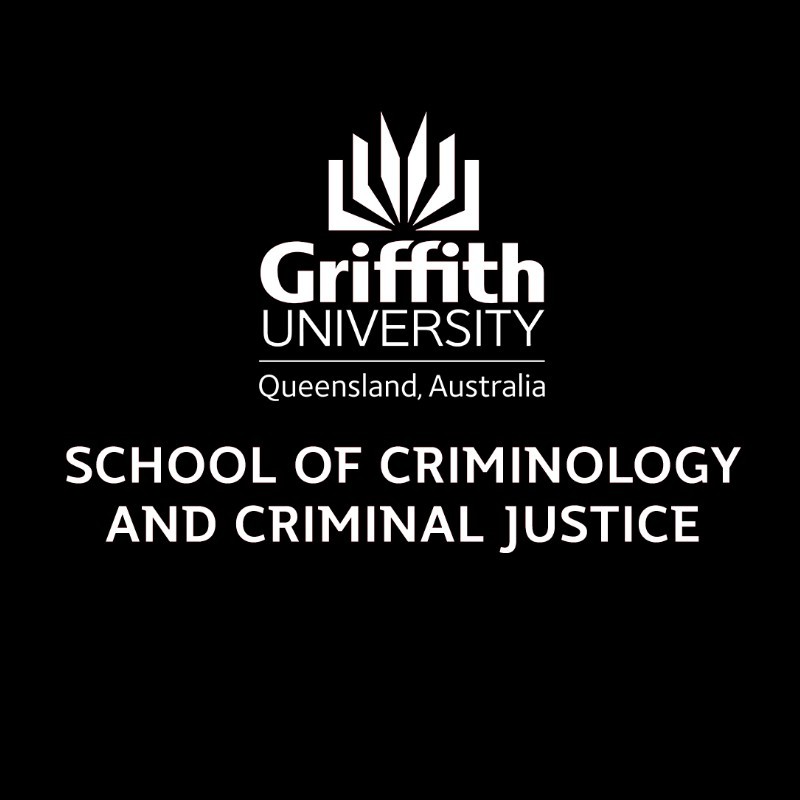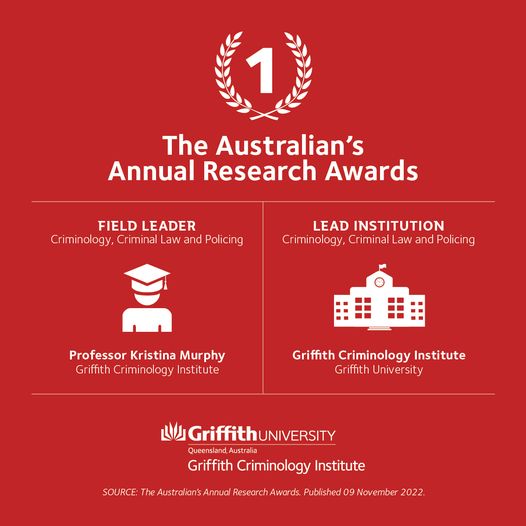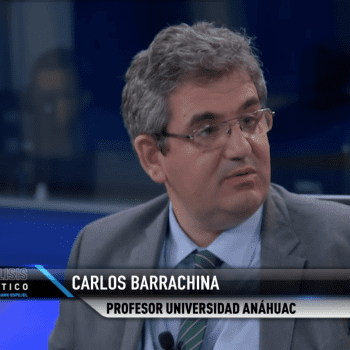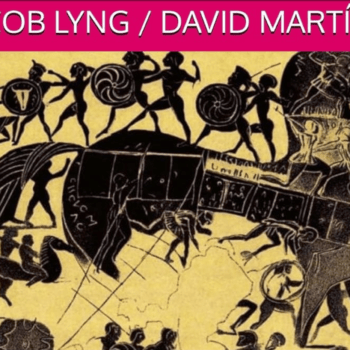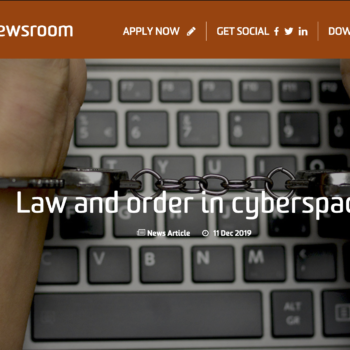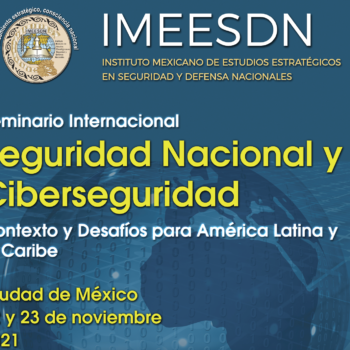This postgraduate certificate from Griffith University’s School of Criminology and Criminal Justice teaches specialised knowledge to examine and combat cyber crime. This includes world class training in Digital Forensics: investigating cyber crime activities using digital forensic tools and techniques by world class digital forensics expert Professor Ernest Woo. Graduates are also “uniquely qualified to identify current and future trends in cyber crime, analyse the behaviours and motivations of cyber criminals and assess the effectiveness of cyber crime mitigation strategies.”
This course introduces forensic techniques and procedures required to investigate, detect and prevent digital crimes. The course covers the knowledge on digital crime, forensics processes and procedures, data acquisition and validation, e-discovery tools, e-evidence collection and preservation, investigating operating systems and file systems, network forensics, art of steganography and mobile device forensics, email and web forensics, presenting reports and testimony as an expert witness. By the end of the course students should be able to write and analyse simple forensic tools as well as being able to use them. Pre-requisites: 7611ICT Computer Systems or 7905ICT Fundamentals of Cyber Security.
FUNDAMENTALS OF CYBERSECURITY
This course introduces the essential cyber security concepts, the procedures for risk mitigation, data privacy protection and governance. It covers a broad range of technical countermeasures from cryptographic algorithms to Internet protocols. It also thoroughly introduces how to enhance the cyber security from three dimensions: people, technology and policy.
MAKING SENSE OF THE CRIMINAL JUSTICE SYSTEM
This course identifies, examines, and evaluates current and emerging policies and structures of the criminal justice system. It focuses on debates and problematic issues in the provision of criminal justice. Components of the system are examined in terms of fairness, justice and effectiveness. The extent to which the Australian system is effective in maintaining maximum levels of social harmony is explored. Alternative models of criminal justice are critically examined within the context of liberal-democratic society.
UNDERSTANDING AND PREVENTING CYBER FRAUD
The course begins with a broad examination of cybercrime and moves to a specific focus on cyber fraud. The course explores contemporary criminological theoretical approaches to explaining cyber fraud, analyses offender methodologies and examines cyber fraud victimology. The course addresses contemporary approaches to prevention and enforcement in Australia and across the world. The role of relevant government, law enforcement, regulatory agencies and the corporate and private sector in the prevention and detection of cyber fraud is addressed.
